Earth
Sign up for our newsletter
We summarize the week's scientific breakthroughs every Thursday.
-
 Climate
ClimateExtreme ocean heat off Florida has ebbed. But for marine life, the danger remains
After the recent heat wave, corals have received too much heat too early in the summer, and other sea life could see lingering effects too.
-
 Earth
Earth50 years ago, mysterious glass hinted at Earth’s violent past
Like Hansel and Gretel followed a trail of breadcrumbs, scientists have followed tektites to the sites of major meteorite impacts.
By Demian Perry -
 Climate
ClimateExtreme heat taxes the body in many ways. Here’s how
Climate change is bringing longer, humid heat waves and hotter nights. Here's how our bodies try to beat the heat and what happens when they can't.
-
 Health & Medicine
Health & MedicineClimate change puts children’s health at risk now and in the future
Heat waves, wildfires and other climate-related effects on the environment are particularly hard on children’s physical and mental health.
-
 Climate
ClimateJuly 2023 nailed an unfortunate world record: hottest month ever recorded
Roughly 6.5 billion people, or 4 out of 5 humans, felt the touch of climate change via hotter temperatures during July.
By Nikk Ogasa -
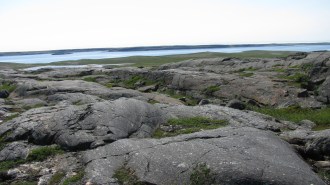 Earth
Earth50 years ago, scientists thought they had found Earth’s oldest rocks
Even older rocks and minerals continue fueling debates over Earth’s crust, plate tectonics and even when life arose.
-
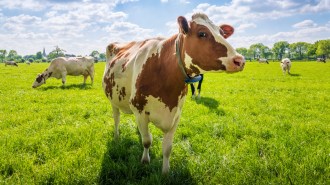 Climate
ClimateCow poop emits climate-warming methane. Adding red algae may help
Adding a type of methane-inhibiting red algae directly to cow feces cut down methane emission from the poop by about 44 percent, researchers report.
-
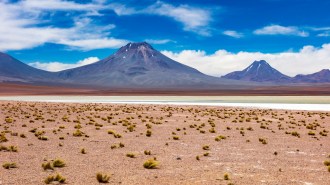 Environment
EnvironmentThe most intense sunlight on Earth can be found in the Atacama Desert
On the Chilean Altiplano plateau, every square meter of the ground receives, on average, more solar power than Mount Everest and occasionally almost as much as Venus.
-
 Climate
ClimateHere’s how much climate change increases the odds of brutally hot summers
Climate change made 2023’s record-breaking heat waves in the United States, Mexico, China and southern Europe much more likely, new simulations show.
By Nikk Ogasa -
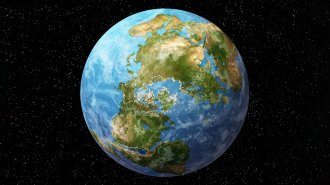 Earth
Earth‘The Next Supercontinent’ predicts a future collision of North America and Asia
In his new book, Ross Mitchell traces the dance of the continents through time to predict what Amasia, the next supercontinent, might look like.
-
 Climate
ClimateWhat’s causing this summer’s extreme heat waves?
Climate change and meandering jet streams are fomenting this summer’s extreme waves of heat.
By Nikk Ogasa -
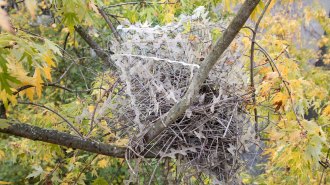 Animals
AnimalsIn a ‘perfect comeback,’ some birds use antibird spikes to build their nests
The spikes were meant to keep birds away. But five corvid nests in Europe use the bird-deterrents as structural support and to ward off predators.